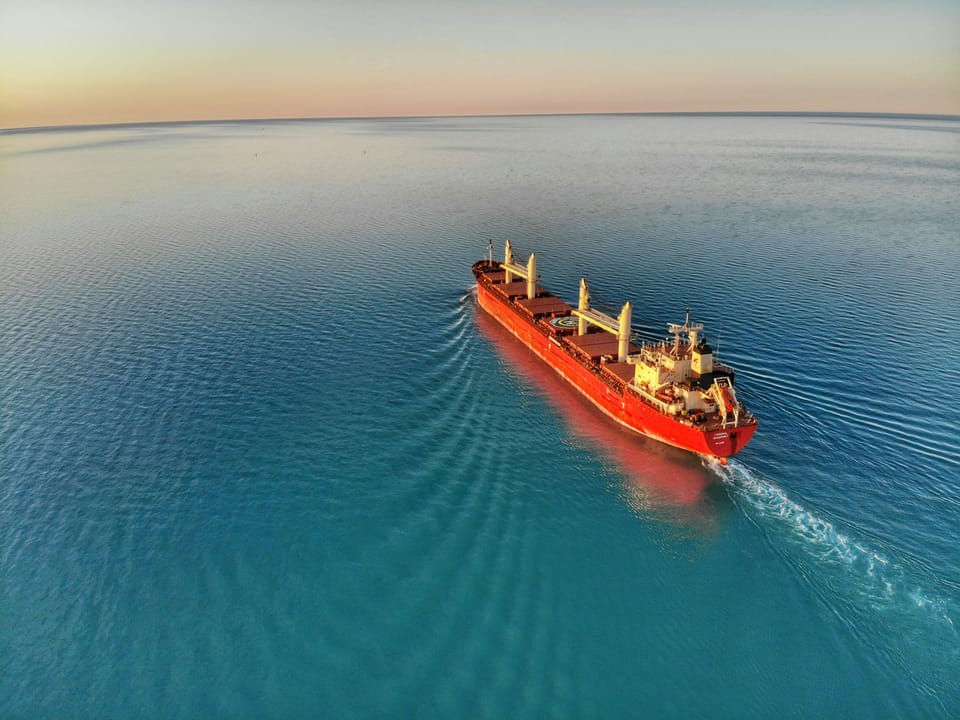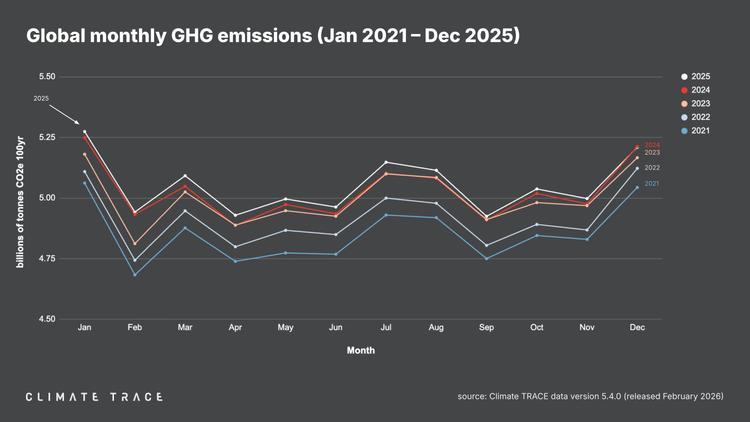Green fuel advocates push against LNG as IMO meets to finalise net zero shipping framework
"What may seem like a short-term economic strategy risks leaving the sector with a costly legacy."

A new initiative has been launched to phase out LNG and other methane-based fuels from the shipping industry, as the International Maritime Organisation (IMO) prepares to gather this week to finalise its Net Zero Framework.
Maritime Beyond Methane (MARBEM) is formed of 14 organisations from around the globe – including Stand.Earth and Transport & Environment (T&E) – all working to accelerate the transition to net zero shipping.







